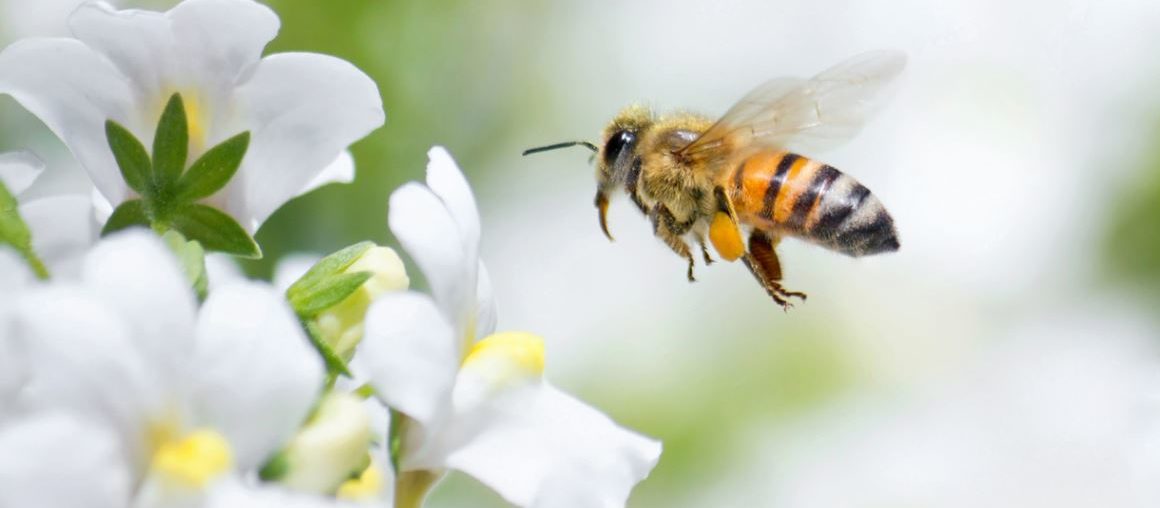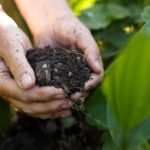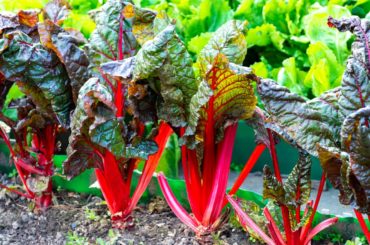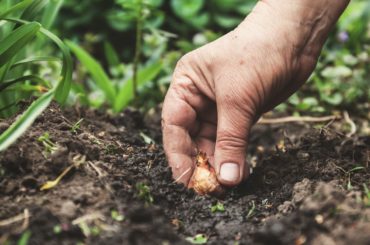Bees, bumblebees, wasps, butterflies, various flies and midges are the best known and most important insect pollinators of flowers. By visiting thousands of flowers, during the day for some, at night for others, these essential insects ensure the cross-fertilization of many cultivated or wild plants, without forgetting the essential role they play in the pollination of trees, in particular trees. fruit trees.
The role of a pollinating insect
The insect pollinates unwittingly by looking for food on the flowers which provide it with nectar (sweet liquid secreted by the nectary of the flowers) and pollen (fertilizing dust produced by the anthers of the stamens of the male organ of the flower) .
Indeed, the pollen clings to the hairs of the insects which transport it and deposit it on the stigma of the other flowers (sticky part of the pistil of the female organ) which they visit; thus takes place the pollination of phanerogamous plants (plants multiplying by seeds, of which the reproductive organs, stamens and pistil, are apparent).
Other forms of pollination
Rain and wind play a role in the pollination of certain cultivated plants.
Grasses, including corn, and chenopodiaceae (beetroot, perry, etc.) are pollinated by the wind. This also helps pollinate tomatoes grown in the open air: by causing the pollen to fall on the stigma, it allows the flower of this solanacea which is self-pollinated to fertilize itself with its own pollen.
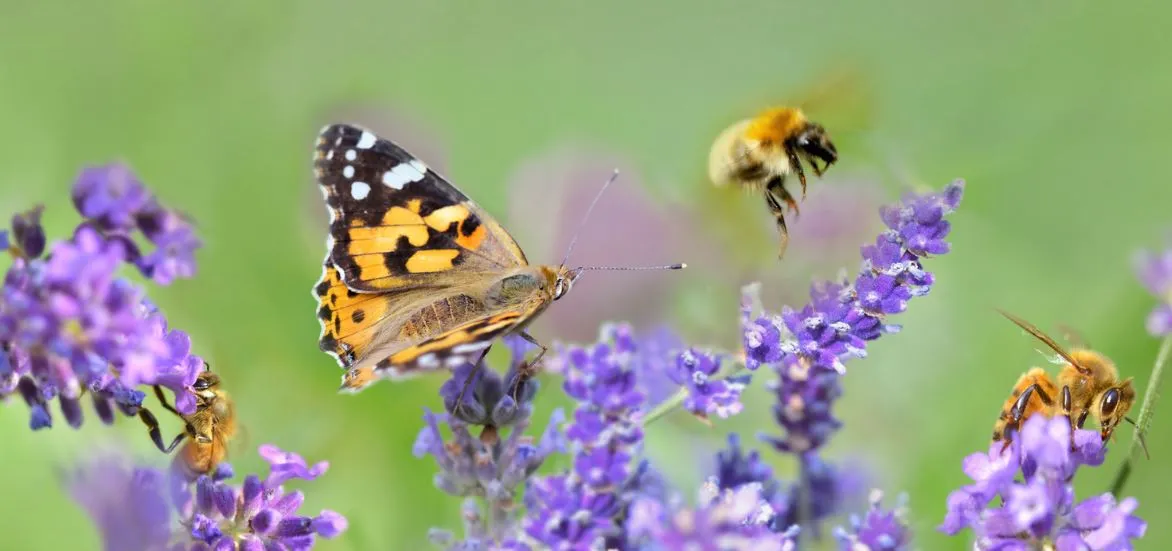
The harmfulness of synthetic products
In arboriculture for example, the number of various annual treatments often exceeds thirty! Farmers also use synthetic pesticides; gardeners who think they will get better results sometimes double the doses!
Our earth is invaded by these harmful products for the flora and fauna and, at the end of the chain, for the man who has the duty to protect all this creation so important for his survival.
So, let’s stop devastating our gardens and our fields with all these synthetic chemical molecules of which we do not yet fully understand the harmful effects that are slowly revealed (an insecticide used for sunflower crops seems to make bees lose their sense of direction. who do not find their hive and die).
In the very near future, it is almost certain that these products will be banned and finally recognized as a plague on humanity. If the state is unwilling / unable to do it, let’s start by boycotting ourselves!
How to attract these pollinators
We can attract pollinating insects by cultivating honey plants, like most condiment plants (borage, thyme, hyssop, rosemary, various species of sage, lemon balm, mint, savory …) and green manures.
Read also :



